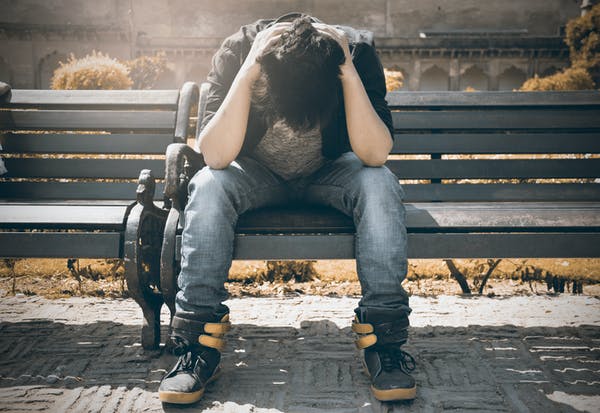The Impact of Social Media on Mental Health:
In recent years, social media has become an integral part of our lives, allowing us to connect with others, share our thoughts and experiences, and stay up-to-date on news and events. While social media has many benefits, there is growing concern about the impact it has on mental health. In this article, we will explore the impact of social media on mental health, including both the positive and negative effects.
I. Introduction;
A. Explanation of social media and its growing prevalence in society
B. Brief overview of the impact of social media on mental health
II. Positive Impact of Social Media on Mental Health
A. Enhancing social connections
B. Providing support and encouragement
C. Raising awareness of mental health issues
D. Offering access to resources and treatment options
III. Negative Impact of Social Media on Mental Health
A. Comparison and self-esteem issues
B. Cyberbullying and harassment
C. Addiction and compulsive behavior
D. Sleep disturbances and fatigue
IV. Ways to Mitigate Negative Effects of Social Media on Mental Health
A. Limiting social media use
B. Developing a positive relationship with social media
C. Creating a supportive online environment
D. Seeking professional help when needed
V. Managing the impact of social media on mental health
A. Set limits on social media use
B. Be mindful of what you consume on social media
C. Seek support from friends and family
D. Practice self-care and self-compassion
E. Seek professional help if necessary
Social media has become an integral part of our lives, and it is difficult to imagine a world without it. While social media has brought about many positive changes in the way we communicate and interact with each other, it has also had some negative effects on mental health. One of the most significant negative effects of social media is the rise of social media addiction. Many people spend hours scrolling through their social media feeds, and this can have a detrimental impact on mental health.
Another negative effect of social media on mental health is cyberbullying. Cyberbullying can take many forms, from hurtful comments and messages to spreading rumors and lies. This can lead to anxiety, depression, and even suicidal thoughts in some cases.
The fear of missing out (FOMO) is another negative effect of social media on mental health. This is the feeling of anxiety or insecurity that arises when people see their friends and family doing things that they are not. This can lead to feelings of inadequacy and can be particularly harmful for people with pre-existing mental health conditions.
Research has also shown a link between social media and sleep disorders. People who spend a lot of time on social media are more likely to have disrupted sleep patterns, which can lead to a range of physical and mental health problems.
However, it's important to note that social media is not all bad. There are also many positive effects of social media on mental health. Social media can provide people with a sense of connection and support that they may not have otherwise. Social media can also be used to spread awareness about mental health issues and to connect people with mental health support communities.
In conclusion, social media has both positive and negative effects on mental health. To manage the impact of social media on mental health, it's important to be mindful of our social media use, seek support from friends and family, practice self-care and self-compassion, and seek professional help if necessary.






0 Comments